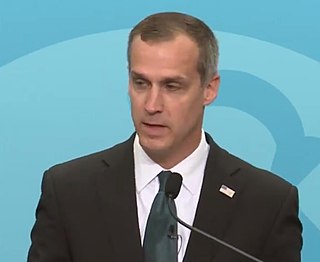A Quote by Millicent Fawcett
Of the influence of Mr. Mill's personal character on those who were his political associates, it is difficult to speak too warmly.
Related Quotes
Look at the great tradition of Western political philosophy. Those people were all immersed in revolutionary movements. Most weren't career academics - often, they were too radical to be accepted in the academy. Rousseau's books were banned. Jeremy Bentham and John Stuart Mill couldn't hold academic positions because they were atheists.
His [Pitt's] successor as prime minister was Mr. Addington, who was a friend of Mr. Pitt, just as Mr. Pitt was a friend of Mr. Addington; but their respective friends were each other's enemies. Mr. Fox, who was Mr. Pitt's enemy (although many of his friends were Mr. Pitt's friends), had always stood uncompromisingly for peace with France and held dangerously liberal opinions; nevertheless, in 1804, Mr. Fox and Mr. Pitt got together to overthrow Mr. Pitt's friend Mr. Addington, who was pushing the war effort with insufficient vigor.
What happened on "As Cool As I Am" was, you know how in the `90s, "the personal is political, the political is personal"? That was a really big thing. Choices you made about how you recorded and what instruments you used and how much real versus how much synthetic. Those were choices that were seen as very political at the time.
Kissinger's major, and most lucrative role, has come as head of Kissinger Associates in New York City, founded on a loan obtained in 1982 from the international banking firm of E.M. Warburg, Pincus and Company. Nominally, Kissinger Associates (KA) is an "international consulting firm" but "consultant" covers many sins, and in KA's case, this means international political influence-peddling for its two dozen or so important corporate clients.

































